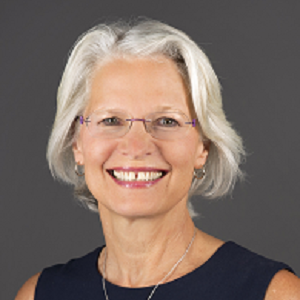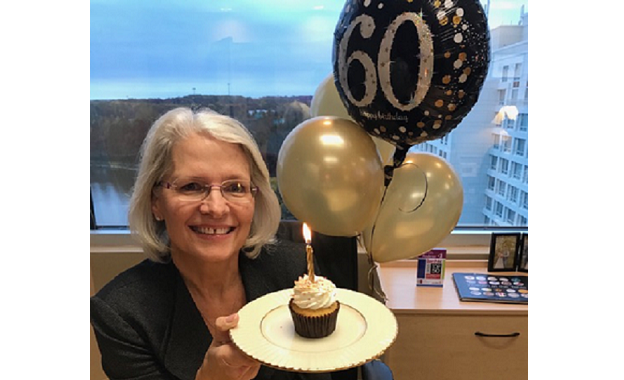The Secret to Aging Well
By: Lorna Donatone
I just turned 60. It’s an interesting age.
Passed the years of fearing the “F’s” (The Big 40 & 50), I have found this birthday easy to embrace. I’m more confident and knowledgeable and less insecure about the march of time across my limbs. I am ready to grow with age, not fight it.
Part of this is maturity, part anticipation of senior discounts and part from the insights I benefit from in my line of work.
As a company that oversees care for older people, we do a fair amount of research on aging. I’ve read and learned much about the demographic I am now entering – senior. There is one theme that emerges again and again in our findings. I think it’s crucial for the more mature and those who love us to understand.
It is not that that blueberries or red wine will shave off a decade. Most of us think we want the magic pill, the scientific breakthrough that will turn 60 into the new 40. But the reality is that aging well is about the opposite.
If there’s a single thing that helps us age better it’s a single thing to avoid. That’s denial.
By all means, I do not suggest that we give in to the inevitable and put our feet up for the next couple of decades. No, exercise and healthy eating is as important as ever. Thanks to popular science and lots of hard work, many of us already know that this generation’s 60 is a lot closer to 40 than our parents’.
But if we want the best years to continue far in front of us, than grateful acceptance would do well as our companion.
Here’s why: More than 90 percent of adults will have a deficit in at least one of their senses as they grow older, according to the Journal of the American Geriatrics Society.
If we fight against aging so hard that we deny it’s happening, we will miss out on great conversations, our grandkids performances, the taste of a favorite meal.
If we accept reality, we can take action to prevent or avoid missing out.
A new study by Sodexo’s Institute for Quality of Life and the University of Ottawa’s Life Research Institute, starts with this gem by my colleague Marc Plumart, Sodexo CEO Healthcare & Seniors Worldwide
“Although we know that senses change as we age, less is known about how to adjust environments for the comfort of those with diminished senses. We can take actions – large or small, alone or in combination – to improve comfort, wellness and enjoyment. Knowing how and when to make these adjustments has the potential to meaningfully improve quality of life.”
In other words, if we accept reality, we can take action to prevent or avoid missing out.
Most of us know that hearing aids and glasses are usually worth the investment as hearing and sight are most vulnerable. This study looked more broadly at other simple steps we can take. Some don’t cost a cent but can make a huge difference.
For instance, unpredictable background noise is a major impediment to people with hearing loss. We can eliminate much of this if we – or our family or the staff in our care facility – make it a habit to turn our phones to vibration.
Or, if we accept that our sense of taste and smell will be diminished as we celebrate birthdays, we can begin cooking and eating in an open kitchen to allow aromas to intensify our experience.
There are so many changes we can make, some small others large, to deal with natural consequences. Check out the study to understand more. To me, this news is the magic pill.
Acceptance leads to action. Action leads to better and longer quality of life.



